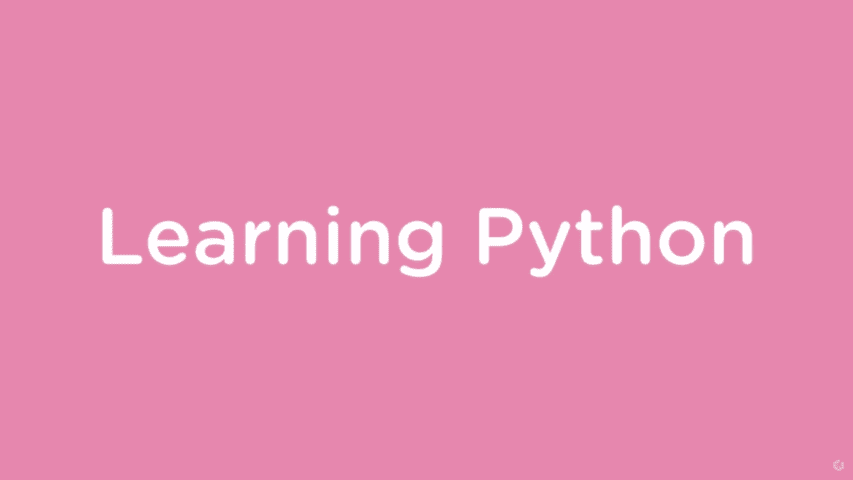Thinking about learning Python? That’s a great idea.
Contents
What is Python?
Python is a general purpose programming language that is used for a variety of different web applications. It was designed to be very easy to read.
You might assume the language is named after that terrifying snake. But in fact, it’s named after the British comedy group Monty Python.
Check out: Python for Beginners: Let’s play a/an [adjective] game
Who uses Python?
Python is found it in all types of companies and organizations. For example:
- The US Government uses Python for statistical analysis and data visualizations
- Spotify and OKCupid rely on Python for personalized recommendations
- Disney, Pixar, LucasFilm and others use Python to provide more realistic effects in their movies
- Snapchat uses Python to make their filters through facial recognition
YouTube, Instagram, Pinterest, and even The Onion rely on Python.
What do you use Python for?
If you can dream it, you can probably do it with Python.
For example, with Python you can:
- Face and speak recognition
- Send an email when your doorbell rings
You can even control robots that shoot lasers with Python. Please use Python responsibly 😉.
Related Reading: Should I Learn HTML Before Python?
What Makes Python Important?
Community is an under appreciated aspect of learning a language. The Python community is open and supportive, which provides you with a lot of documentation for your learning. Plus, the Python Software Foundation was formed to ensure that the language advances and the community grows in diverse ways.
Also read: Python vs. JavaScript Comparison for 2020
Ready to Get Started with Python?
We recommend you start your learning by joining the Python track on Treehouse. You’ll get unlimited access to courses, quizzes, and workshops for just $25 per month. The best part? You can see if the language is right for you with a free seven day trial.
What sets Treehouse apart is their dedication to helping you find your perfect job or develop your own business.
–SwitchUp.org Review
Follow us on Twitter, Instagram, YouTube and Facebook for our favorite tips, and to share how your learning is going. We’ll see you there!
If you liked reading this article, you should also look at these two:
